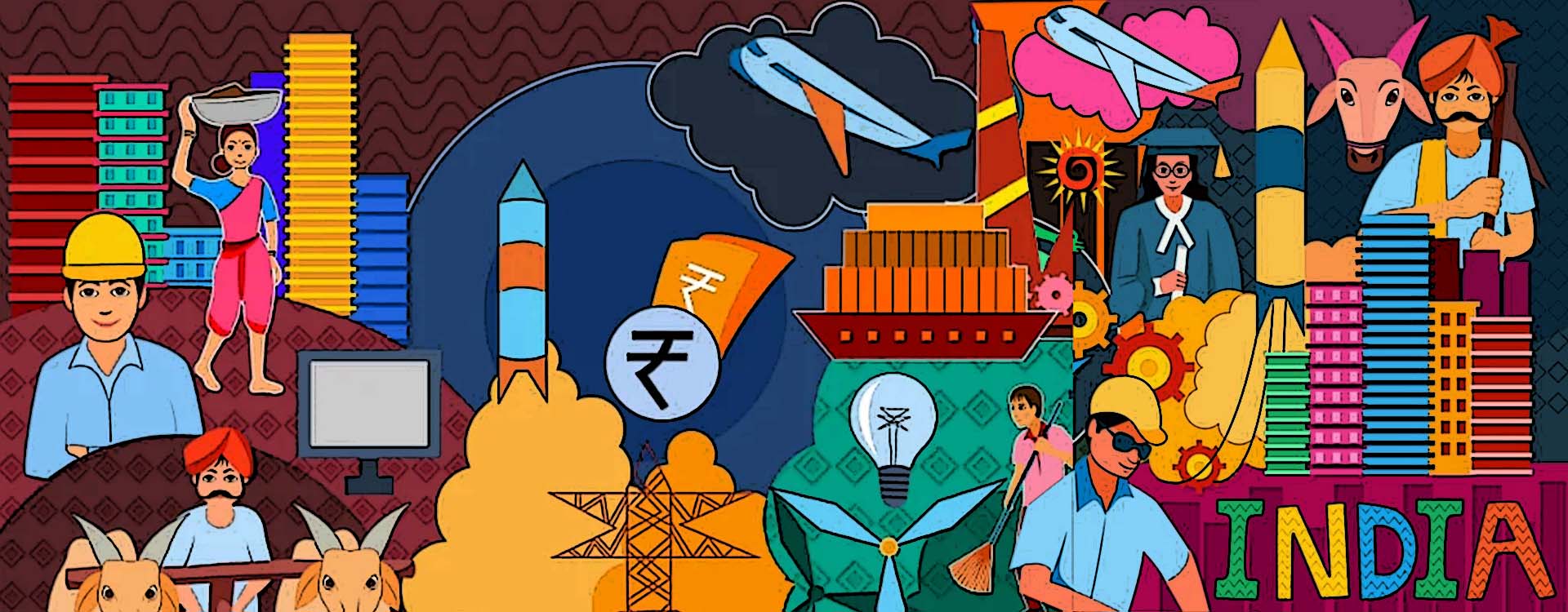Start-Up India, the Indian Government’s biggest initiative to foster entrepreneurship in the country has achieved remarkable heights since its inception. It recently crossed the 50,000 mark in recognising Indian start-ups. Out of these, 10,000 have scored GoI’s (Government of India) seal of approval over the last 6 months. The last 10,000 were recognised in a record 180 days which is the fastest for any government initiative.
How will start-ups benefit?
The start-ups will enjoy a slew of benefits pertaining to laws and regulations, fiscal and infrastructural support, etc.
They can also avail relaxed compliance with respect to labour and environmental standards, public procurement rules for these start-ups will also be relaxed. They can also raise funds under the (Small Industries Development Bank of India) SIDBI’s ‘Fund of Funds’. They can also enjoy fast-tracked patent applications at a low fee.
Fiscal and Infrastructural Support
Recognised start-ups under Start-up India will get a 3-year tax holiday every 7 years with 100% tax rebate. They will also enjoy tax exemption on long-term capital gains, on investments above the fair market value including investments by resident angel investors and by incubators above fair market value. There is also tax exemption to be availed on investment of long-term capital gain.
In terms of infrastructural support, the eligible start-ups stand to gain enhanced infrastructure like incubation and innovation centres, start-up centres, and Research Parks.
Benefits for 50000 start-ups
The 50000 start-ups will be covered under the Start-up India programme wherein they can enjoy tax benefits and incentives. Armed with the Department for Promotion of Industry and Internal Trade (DPIIT’s) recognition, they will be eligible to apply for an income tax holiday. They will also be eligible to apply for exemption from the ‘angel tax’.
Prominent sectors and industries
The prominent sectors and industries that stood out among the 50000 start-ups include the food processing industry, product and app dev, IT consulting and business support services.
Among the top industries, IT harbours 6,682 start-ups, 4373 belong to the Healthcare & Lifesciences sector, Professional & Commercial service start-ups account for 2,337, the Agriculture, and F&B industries account for 2138 and 2137 start-ups respectively.
‘‘
The last 10,000 start-ups were recognised in a record 180 days which is the fastest for any government initiative.
What’s in it for me?
Registering with DPIIT is crucial if you want to be recognised by the Government. There are many benefits to be accrued by registering with DPIIT like simple compliance structure, 80% patent filing fee reduction, and tax exemptions. Start-ups recognised by DPIIT also have the privilege of closing shop within 90 days of their application.
The first step to obtaining recognition is of course, to register your business under ‘Start Up India’. The eligibility criteria for the same is that your business must have been incorporated in India not more than 10 years ago from the date of application. Your annual turnover must be less than INR 100 Cr to be eligible.




